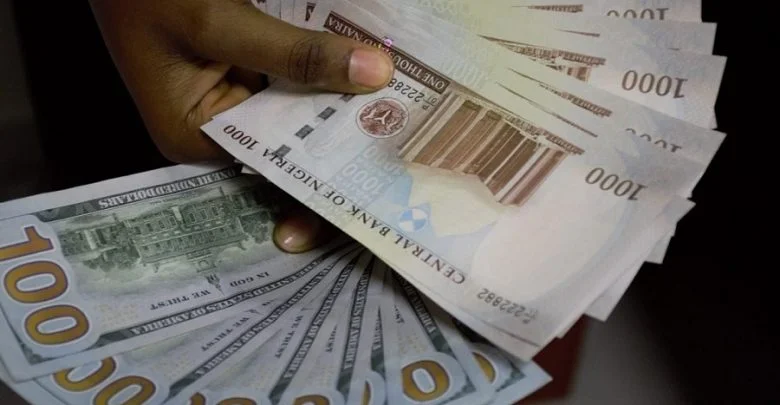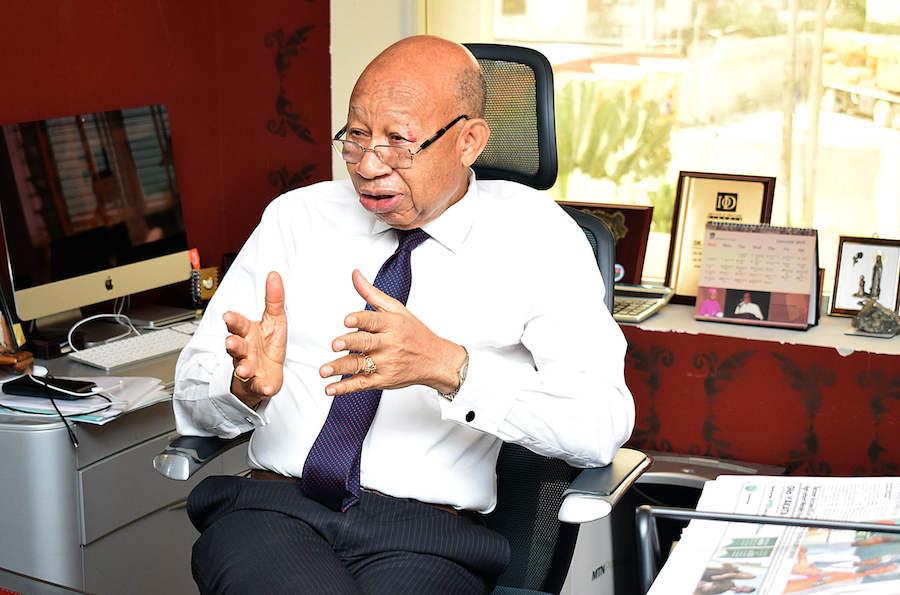Overview of the e-Forex System
The Central Bank of Nigeria (CBN) has implemented the Electronic Foreign Exchange Matching System (EFEMS), a new initiative aimed at enhancing transparency and efficiency in the foreign exchange market. This system, operational since December 2, 2024, has been credited with driving the recent surge in the value of the Naira against major global currencies.
In a circular issued to banks, the CBN directed financial institutions to adopt Bloomberg’s BMatch platform as the operational EFEMS interface. The CBN emphasized the need for banks to expedite the onboarding process and pledged to enforce compliance using its regulatory powers.
Naira Records Significant Gains
For the first time since May 2024, the Naira appreciated for five consecutive days across all market segments last week. It closed at N1,535 to the US dollar in the official Nigerian Foreign Exchange Market (NFEM) and N1,555 in the parallel (black) market. This development represents a significant narrowing of the margin between the parallel market and NFEM rates, which stood at N20 per dollar as of last weekend, down from N118 per dollar the previous week.
Data from the CBN’s Daily Nigerian Foreign Exchange Market report indicates that the Naira’s value increased by N168 or 9.8% compared to the prior week’s closing rate of N1,720 per dollar. This marks the largest weekly appreciation recorded this year.
Key Drivers of the Appreciation
- Impact of the EFEMS: Bank executives attribute the Naira’s appreciation to the functionality of the EFEMS platform. According to a banker who spoke anonymously, “The system seems to be achieving its goal. Real-time trading visibility and market alignment have contributed to the currency’s gains. CBN interventions via the platform also play a role.”
- Seasonal Dollar Inflows: Black market operators highlight increased dollar availability due to diaspora remittances and festive season spending. Mr. Yakubu Giwa, a currency trader, noted, “Diaspora inflows and local expenditures during the holiday season have bolstered dollar supply, leading to intense appreciation of the Naira.”
- Market Sentiments: The rapid appreciation has prompted cautious buying behavior among currency traders, with some predicting further strengthening of the Naira to as low as N1,300 per dollar in the coming weeks.
Historical Context of Naira Fluctuations
The Naira’s performance this year has been volatile. In the official market, it depreciated steadily from N907.11 per dollar in January to N1,520.4 in May, reaching N1,730 by October before reversing to the N1,600 range in November. The parallel market followed a similar trend, with rates peaking at N1,775 per dollar in November before the recent appreciation.
Broader Market Impacts
The appreciation of the Naira has extended to other currencies and commodities:
- Pound Sterling: Exchange rates dropped from around N2,200 to N1,700 in recent days.
- Gold Prices: Reduced from N150,000 per gram two weeks ago to N120,000, with projections of further declines to N115,000.
- Silver Prices: Slashed from N50,000 per gram to N20,000 within the same period.
Challenges and Outlook
While the current appreciation is encouraging, analysts caution that sustained gains will depend on:
- The long-term effectiveness of the EFEMS platform.
- Continued CBN interventions in the forex market.
- Stable macroeconomic factors, particularly forex availability and inflation rates.
A bank executive commented, “Time will tell if the market appreciation can be sustained, but an equilibrium is likely to emerge as the system stabilizes.”
Conclusion
The introduction of the EFEMS by the CBN has injected new efficiency into Nigeria’s foreign exchange market, with immediate benefits seen in the strengthening of the Naira. Seasonal factors and increased dollar supply have further supported this trend. As stakeholders adjust to the new system, the focus remains on ensuring the sustainability of these gains and fostering a stable forex market.













